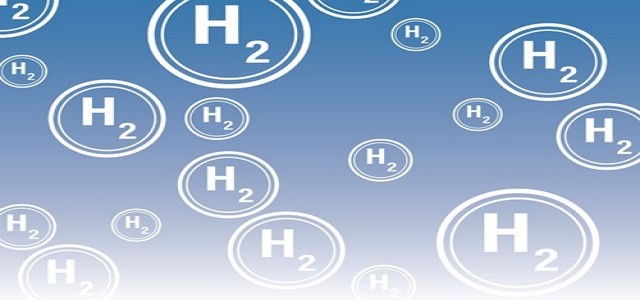
Posifa Technologies has reportedly launched new MEMS thermal conductivity hydrogen sensors of the PGS1000 series. The sensors are designed for cost-effective and stable safety monitoring in facilities where hydrogen is stored and used. The devices comprise two differentially configured dies of thermal conductivity and all are packed in a compact form factor.
The hydrogen sensors detect concentrations of hydrogen in the air by measuring the variations in the thermal conductivity of the gas mixture. This approach of measurement allows a compact form factor, offers better long-term stability in comparison to chemically-triggered hydrogen sensors that degrade over time.
Posifa’s technology also enables low-cost realization of hydrogen detection owing to its high-volume, highly repeatable CMOS MEMS technology.
The new series is based on the company’s second-gen thermal conductivity die. The devices include one die packed in dry air and acting as a reference whereas the other is exposed to the gas mixture.
This design allows a higher signal-to-noise ratio owing to maximum signal amplification and rejection of common-mode noise. For the sensor to operate safely, it is excited with a pulsed waveform which is 400 ms on and 1,000 ms off to minimize the temperature of the heater.
The newly unveiled sensors are ideal for the detection and monitoring of hydrogen leaks in industrial processes, automotive fuel cells, and medical facilities. For these applications, the devices consolidate a fast response time of less than 1.4 s with the widest available ranges up to 100% volume and general long-term stability of 0.1% F.S/year.
Posifa Technologies, previously known as Posifa Microsystems, designs and produces affordable, high-performance sensors and sensing solutions. This includes liquid and gas flow sensors, vacuum sensors, and air velocity sensors. The products of the company are developed to cater to the needs of various demanding applications in HVAC, consumer electronics, data centers, medical devices among others.
Source credits:








